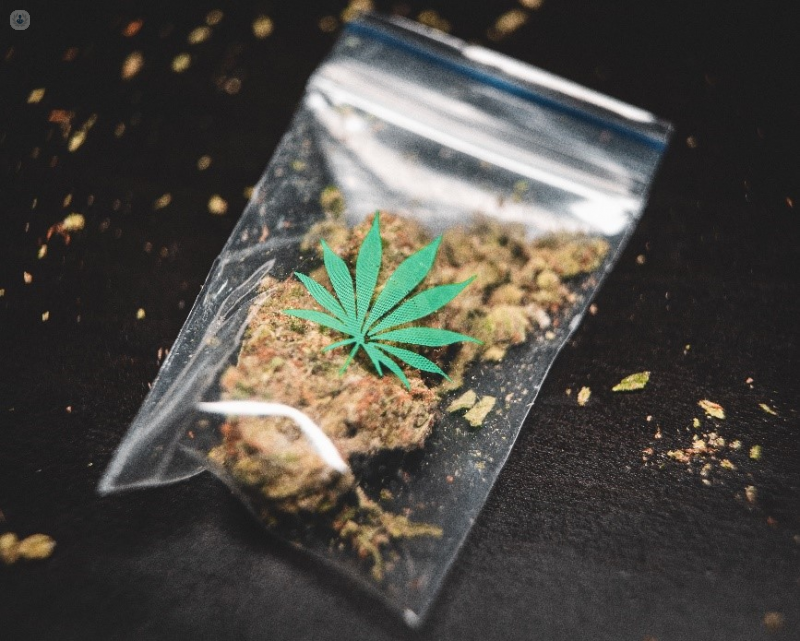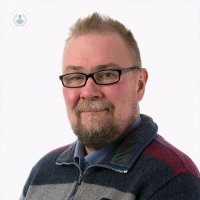Drug addiction and willpower | Top Doctors
Escrito por:Chronic drug use and addiction can have some detrimental and often irreversible effects on our lives. We sat and spoke with Dr Lars Davidsson, a consultant psychiatrist at the Anglo European Clinic to talk about what it means to abuse drugs or have a drug addiction. We also found out what it take to go sober and some of the treatment options available.

What’s the difference between drug addiction and drug abuse?
The issue is, illicit drugs are by nature illicit, if you’re using them, some would say you’re abusing drugs. But in reality, lots of people might be using them without any signs of drug addiction. They use drugs in the same way most people are using alcohol. The difficulty is that because they’re illicit, it’s sometimes being used more discreetly. Some people would say you wouldn’t have social use of something that’s illegal but in reality yes you can.
Classical signs of addiction are when you begin to take more to achieve the same effect or more frequently, and how much you take adding up in different situations. As with alcohol, you’re getting into addiction.
Is drug addiction a disease?
I’d consider both alcohol and drug addiction a disease when it comes to both of them. They come with anxiety and depression, social and legal problems.
How can drug addiction affect someone mentally?
All kinds of ways, especially when the drugs are leaving your body, you can get anxious or severely depressed, severely paranoid or psychotic. Long term effects of drugs can have social consequences, making someone chronically anxious and depressed. Some drugs that treat psychosis can include cannabis and alcohol.
Drugs affect mental health. A lot of people say ‘oh it makes me feel better’ when they have insufficient knowledge to back this up.
It’s difficult to compare two different drugs, however, if you look at society’s perspective, excessive alcohol drinking is far more accepted than cannabis, yet the effects of alcohol are far more associated with anger and violence than people smoking cannabis. With that perspective, I’d say that alcohol is a lot worse. Alcohol – id say is worse than cannabis because it causes so much damage in society, domestic violence, drink driving, people hungover and off from work, etc. If we look at the propensity to cause long term psychosis, alcohol is worse.
How do people get treatment for drug addictions?
The first thing as always is to maybe have a detox, you go to a GP you ask to be referred to the drug and alcohol service, google your local directory to see a psychiatrist.
There are options such as Alcoholics Anonymous and other types of rehab, counselling, etc if you’re addicted to opiates. If you are addicted to cocaine or amphetamines there are not as many options for help.
If you have depression or anxiety you can be treated by medication, counselling and psychotherapy. In general, I think the access to good quality drug and alcohol treatment is quite bad unless you go private.
Why is will power alone often not enough to treat drug addiction?
The answer to that is the word addiction. Addiction indicates something that is very strong. You really, really want to have that drug otherwise you feel bad physically and psychologically. You might in a rational way be aware that you shouldn’t, and that’s where will power come in. Addiction is a very strong force.
People who are addicted need to have will power but they also need to seek help. Addiction is an illness like any other and there’s no need to feel ashamed when discussing it. It’s much better to seek health than to continue abusing your body.
If you are suffering from an addiction and would like to see a psychiatrist, visit Dr Lars Davidsson’s profile and check his availability.


